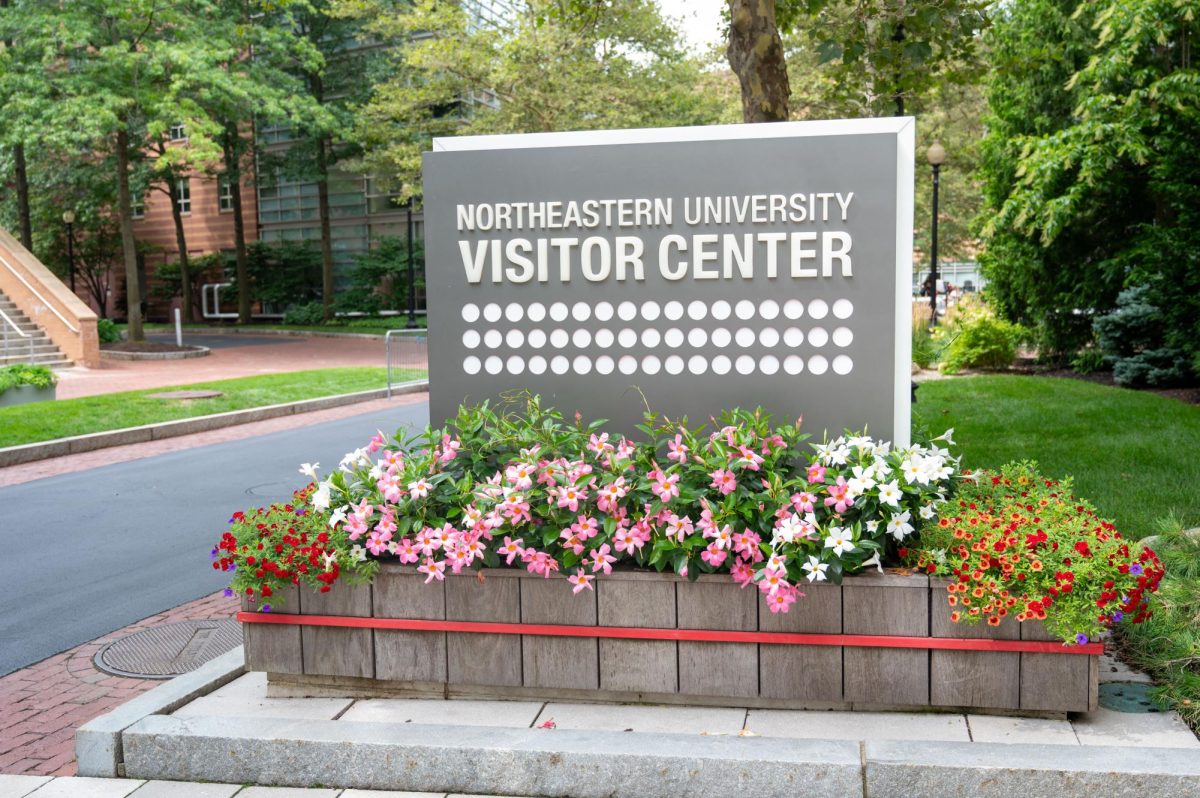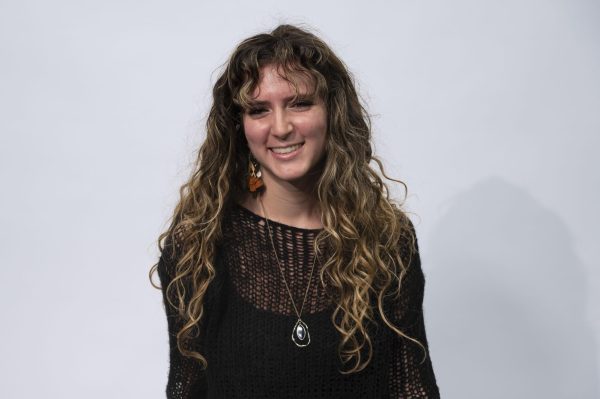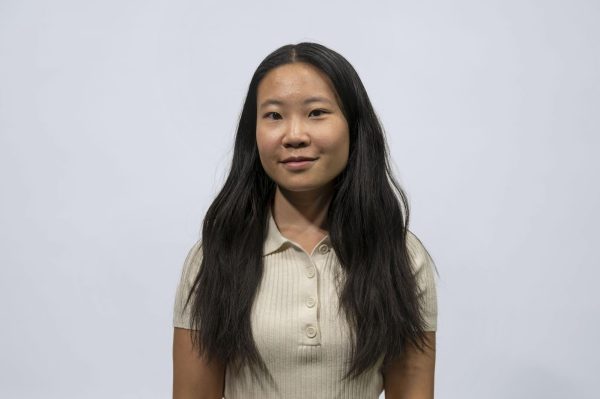Each year marks a new record number of students applying to Northeastern, making an institution that was once considered a “commuter school” a nationally-recognized university with a single-digit acceptance rate.
Since its founding in 1898, admission to Northeastern has become increasingly selective. In 2000, the average SAT score of the incoming undergraduate class was 1157. Today, the average score falls between 1490 to 1540, and the university currently ranks 53rd among top universities nationally, according to the U.S. News & World Report.
The school’s 5.6% acceptance rate doesn’t seem to deter applicants — over 90,000 students have applied each year since 2022. Applications for the fall 2024 semester surpassed 98,000, a 53% increase since 2019.
“Northeastern was a reach school for me, but it was one of my top schools,” said Chloe McKinstry, an incoming first-year music industry major
Students and college counselors say the annual application spikes stem from the university’s lack of supplemental essays, high job placement rate and attractive campus.
“Both our clients from across the country and our more local clients are interested in Northeastern,” said Joan Casey, a college counselor and founder of Educational Advocates College Consulting. She added that the school is now on the radar of students from California to Maine.
Except for a nonrefundable $75 application fee, which can be waived in certain situations, applying to Northeastern is relatively effortless. Most schools require several supplemental essays in addition to the Common App’s personal essay, but not Northeastern — a significant incentive for many to apply.
“There are always going to be students that say, ‘Northeastern is a little bit of a reach for me’ or ‘It isn’t my first choice school,’ but there’s no extra essay,” Casey said.
Northeastern Chancellor and Senior Vice President for Learning Ken Henderson said in an April interview with The News that a supplemental essay will most likely not be a required part of the application anytime soon. And the university confirmed in an Instagram post May 30 that it would remain test optional “for the foreseeable future.”
“We are unlikely to put that in as a requirement because … the Northeastern philosophy is about flexibility,” Henderson said. “If you choose to do something, great, if you choose not to do it, that’s fine. It’s the same as being test-optional for SATs and ACTs. If you choose to do it, great. That can be an additive to your case. If you don’t, that’s fine as well.”
Omitting supplemental essays can be “a strategy to drive applications up,” Casey said. “If you drive applications up, that gives the university bragging rights.”
For Siena Rossi, an incoming first-year nursing major, this was an added benefit. “A school’s supplementary requirements affected my desire to apply a good amount,” she said.
Students are also not required to submit standardized test scores, including the SAT or ACT, to become a Husky. Northeastern is among the more than 80% of schools in the U.S. that have become test-optional since the COVID-19 pandemic.
“[Northeastern] also offers specialized programs for students with learning differences,” said Andi Frimmer, president of Prep 4 College Now, a service that helps students apply to colleges. “[These programs are] a value add for those clients that require it.”
Ultimately, it is Northeastern’s co-op program that incentivizes applicants, incoming students said. Many are attracted to the idea of exploring potential career paths outside of the classroom.
“Northeastern’s pre-professional and co-op programs are what really drew me in,” McKinstry said.
The program’s success speaks for itself, with 93% of Northeastern graduates employed in their field of study nine months after graduation.
“Northeastern’s cooperative education program entices many of my clients to consider applying; many of my clients know its reputation and the value the cooperative education provides,” Frimmer said.
Northeastern has a reputation for its pre-professional programs, Casey said.
“Many people think of Northeastern as a pre-professional education,” Casey said, “So, they probably have offerings that not everybody else in the area has.”
Frimmer added that students who already have a field of interest benefit most from these programs.
“Many of my clients who apply know what they want to study and value the expertise of the Northeastern professors in the U.S. and abroad,” Frimmer said.
The campus’s location in the heart of Boston — a city generally considered safe — sets the school apart from other universities in the area. For many students, living in a big city while still having a centralized campus is the best of both worlds.
“The campus played a big role in my decision to apply, probably the greatest amount,” Rossi said.
Husky pride is also prevalent at Northeastern, with hundreds of clubs and activities for students to take part in, and men’s and women’s hockey teams that are collective nine-time Beanpot champions.
“If you want to be in the city and want some of that school spirit, Northeastern is the place to be,” Casey said.
With so many universities in the Boston area, high schoolers exploring college options and other eager students from across the country are looking to Northeastern for its colorful campus and close proximity to restaurants, museums and shops.
“The city of Boston had a big impact on my affinity for the school, considering it seems like a really fun and manageable city to live in alone for the first time,” said McKinstry, who is originally from Connecticut.
Despite its allure, an acceptance letter to Northeastern remains elusive for many students.
“Northeastern is a reach school for all my clients,” Frimmer said. “Gaining admission is as difficult as the Ivy League colleges.”












